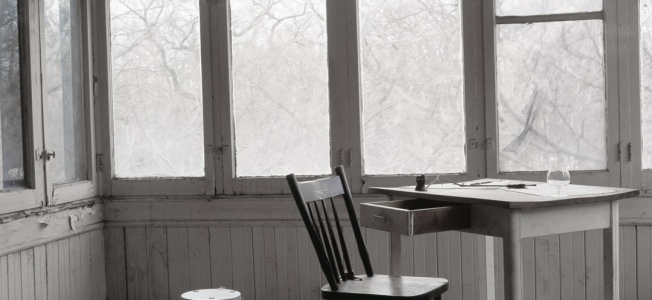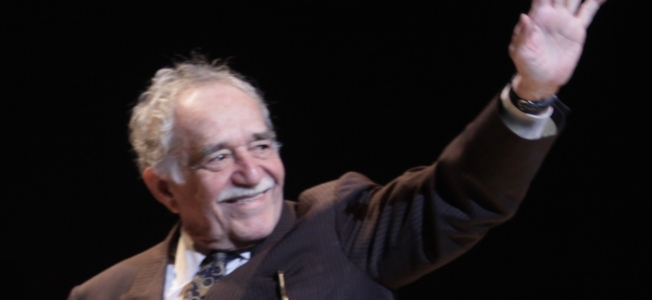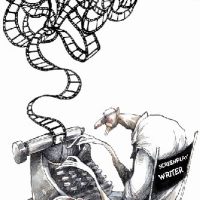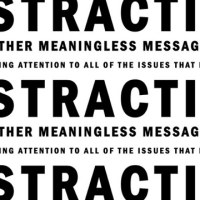Things from the fire
A man on a shooting trip got lost in the jungle. The man looked for a clue to his whereabouts, but the jungle was thick and the trees looked all the same to him. Soon it grew dark. The man decided to camp for the night. By a clearing near a stream, he set down the bag on his shoulders and his gadgets. He cleaned the ground and gathered firewood. When the moon rose in the sky and fireflies flirted with the darkness, he lit a fire.
It was a long night, made longer. A mist hung above the trees, a white, loamy curtain floating in the air chilling the air around. The jungle slowly filled with the sounds of animals. The man was not afraid. He cooked himself food and rested. The fire burned bright in the night.


























